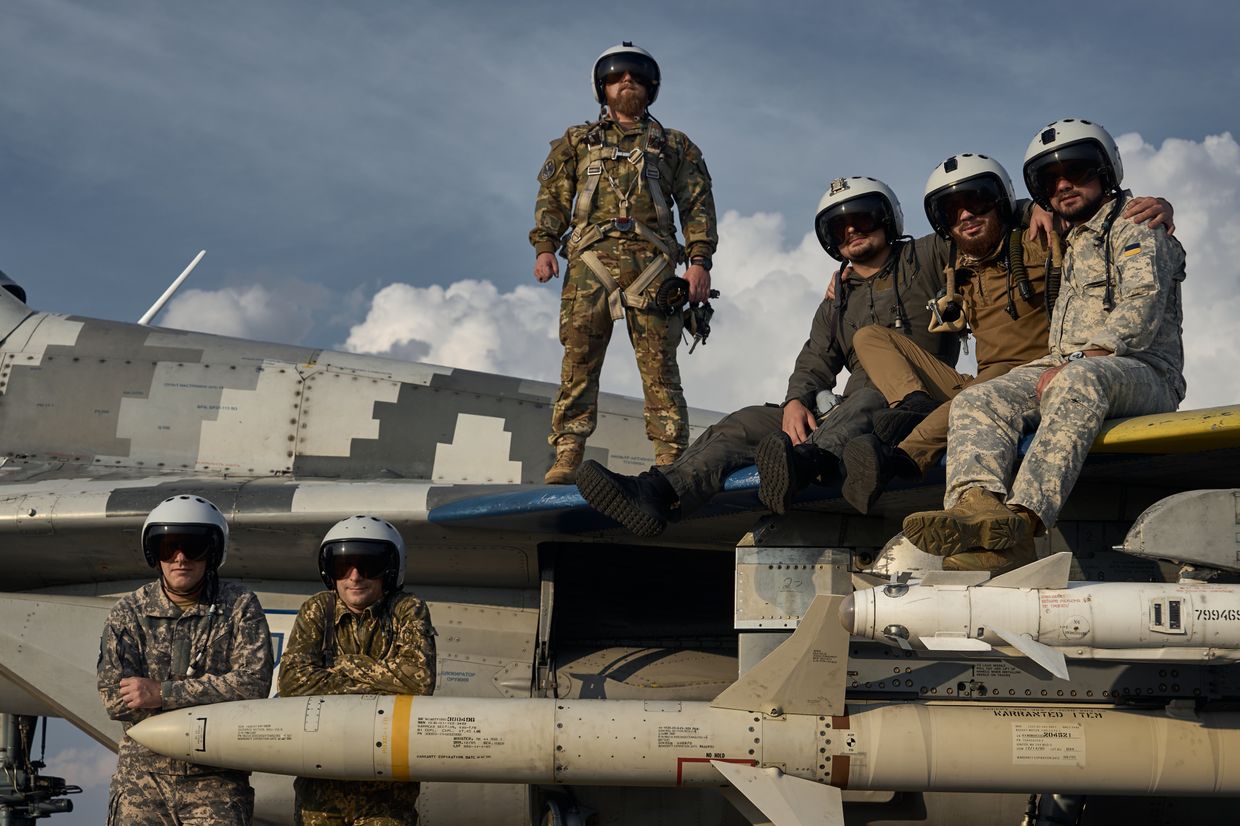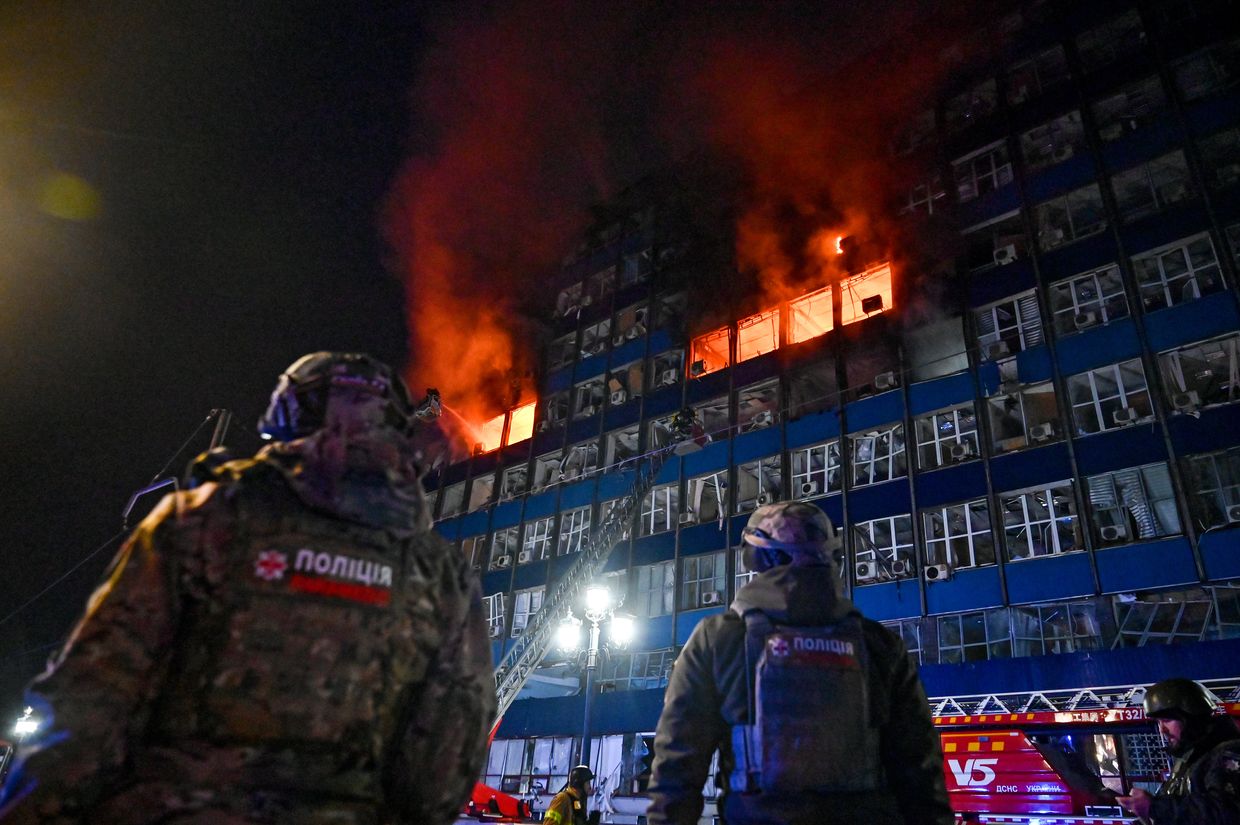Russia bombs itself with 'smart bomb,' Astra reports

Russia dropped a “smart bomb” on itself in Belgorod Oblast, the Astra Telegram channel reported on Jan 26.
The bomb, a UMPB-250, was found in a village in the Russian region but there were no casualties or damage.
The UMPB-250 uses the same warhead as a Soviet-era FAB-250 but is designed to be “smart” and “glide” with a navigation module integrated with steering, antennas, and a turbojet power unit.
Russia has frequently dropped bombs on its territory or the occupied territories in Ukraine. ASTRA counted 165 self-inflicted FAB bombs in 2024 as well as 13 this year.
Moscow alters and upgrades its Soviet-era bombs to overcome Ukraine’s defenses and increase accuracy.
It uses glide bombs, particularly in relentless attacks on Kharkiv Oblast next to the Belgorod Oblast border, which are FAB weapons upgraded with a Unified Gliding and Correction Module (UMPK), allowing it to glide to its target.
Glide bombs are highly-destructive, and incredibly difficult to shoot down.
"Glide bombs, unlike missiles, do not have a propulsion system, so they don't generate much heat and are therefore largely immune to interception by infrared homing missiles, like the AIM-9 Sidewinder, or the FIM-92 Stinger," Jacob Parakilas, research leader in RAND Europe's Defence, Security and Justice Research Group, told the Kyiv Independent earlier this month.
Parakilas said anti-aircraft guns like the German-made Gepard are more effective at shooting down glide bombs, but their short range makes them ineffective at policing the hundreds of miles of front line in Ukraine.
"The limited range of those systems means that they would have to be right on top of the target, and able to identify and open fire on it in a very short time window — which is difficult even if sufficient numbers of those systems were available," he said.
The range of the weapons also allows the Russian fighter jets that launch them to stay out of range of Ukraine's advanced air defense systems such as the U.S.-supplied Patriot.
Russian forces are also improving the electronic systems for satellite navigation. The bombs are often equipped with Kometa antennas to stabilize communication signals and are more impervious to electronic warfare interference.
Moscow has also used them to devastating effect against Ukrainian population centers, with Sumy, Kharkiv, and Zaporizhzhia oblasts particularly hard hit.
And on Jan. 11, border settlements in Dnipropetrovsk Oblast were hit for the first time, with more and more coming under threat as the front line moves west.












